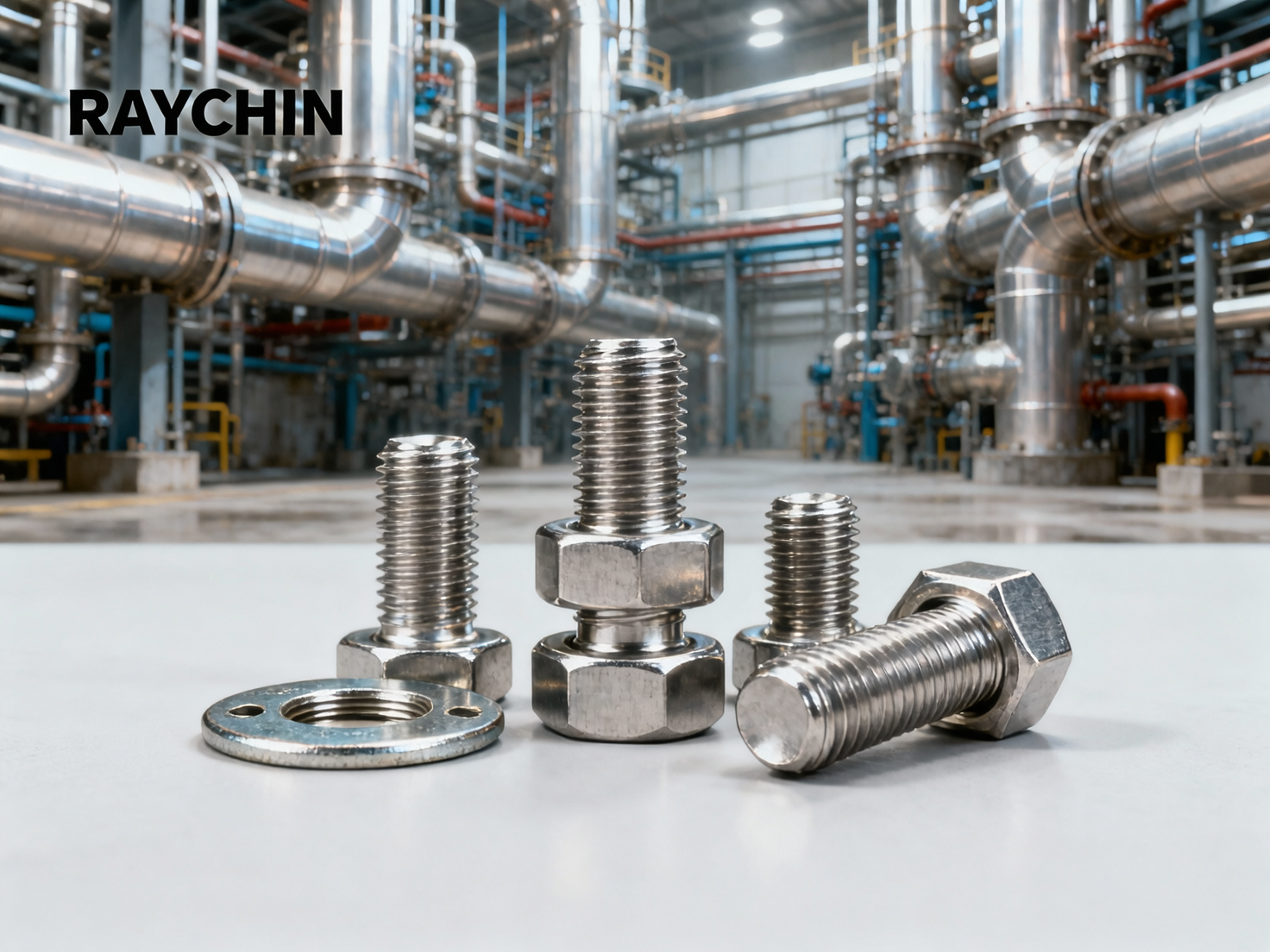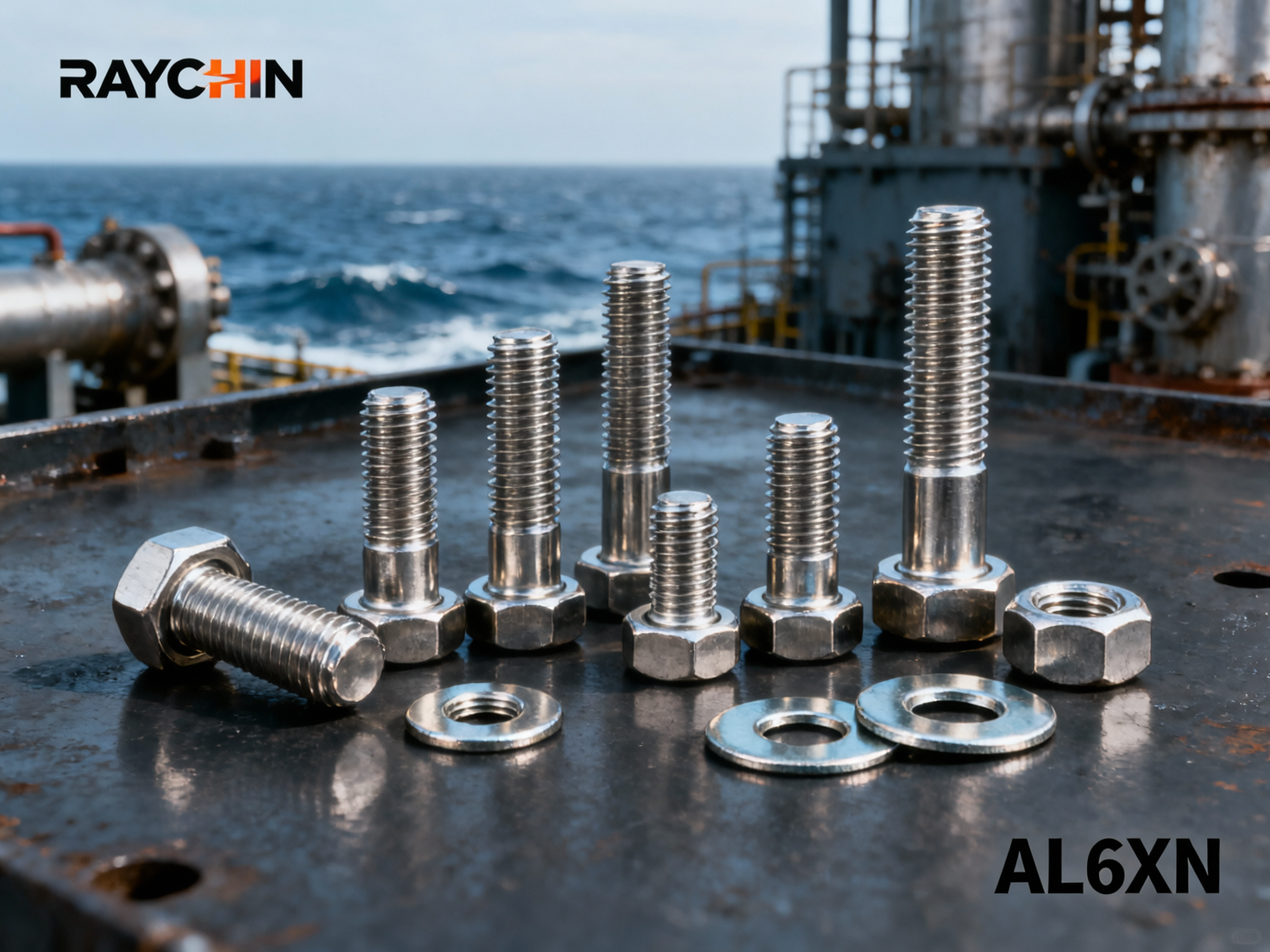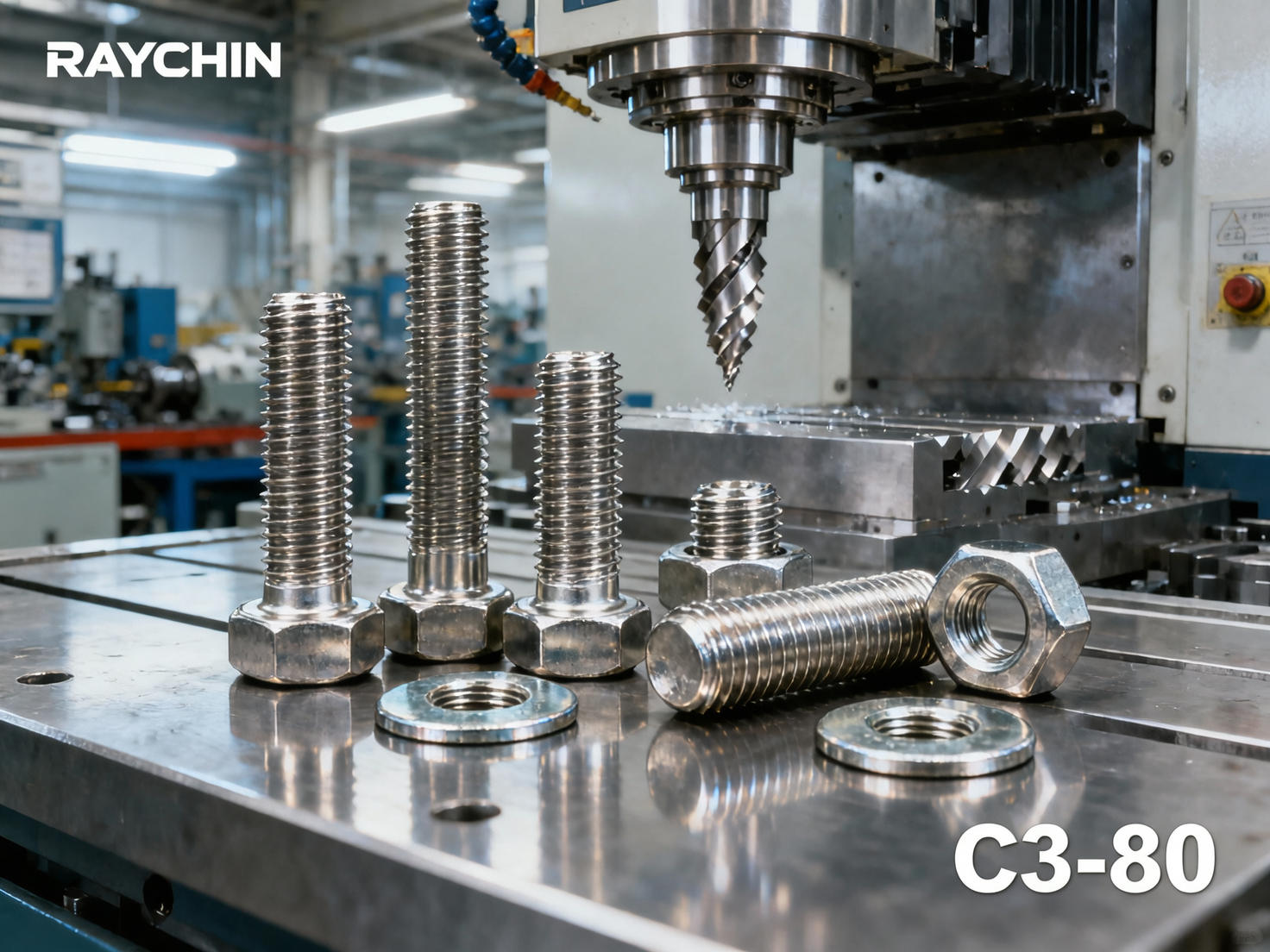Categories List
Recent Posts
![Duplex Stainless Steel Fasteners: The Guide to High-Strength Corrosion-Resistant Fastening Solutions Duplex Stainless Steel Fasteners: The Guide to High-Strength Corrosion-Resistant Fastening Solutions]() Duplex Stainless Steel Fasteners: The Guide to High-Strength Corrosion-Resistant Fastening Solutions
Duplex Stainless Steel Fasteners: The Guide to High-Strength Corrosion-Resistant Fastening Solutions![AL6XN Fasteners: The Guide to Super-Austenitic Stainless Steel Solutions for Severe Chloride Environments AL6XN Fasteners: The Guide to Super-Austenitic Stainless Steel Solutions for Severe Chloride Environments]() AL6XN Fasteners: The Guide to Super-Austenitic Stainless Steel Solutions for Severe Chloride Environments
AL6XN Fasteners: The Guide to Super-Austenitic Stainless Steel Solutions for Severe Chloride Environments![C3-80 Fasteners: The Complete Guide to Martensitic Stainless Steel Solutions for General Corrosion Resistance C3-80 Fasteners: The Complete Guide to Martensitic Stainless Steel Solutions for General Corrosion Resistance]() C3-80 Fasteners: The Complete Guide to Martensitic Stainless Steel Solutions for General Corrosion Resistance
C3-80 Fasteners: The Complete Guide to Martensitic Stainless Steel Solutions for General Corrosion Resistance
Nickel-based alloy fasteners play a key role in the field of petrochemical industry. Their excellent corrosion resistance, high temperature strength and creep resistance make them the core materials for solving the connection problems of equipment in extreme environments. The following are its specific application scenarios and technical features in petrochemical industry:
1. Corrosion-resistant connectors: chemical equipment sealing and safety
1. Reactor and tank sealing
Incoloy 825 alloy bolts are widely used in flange connections of reactors, tanks and heat exchangers in highly corrosive media environments such as sulfuric acid and phosphoric acid. Its high nickel-chromium content (about 42% nickel and 21% chromium) can effectively resist acidic media corrosion and avoid leakage risks caused by bolt corrosion.
2. Pipeline system connection
Alloy 926 flange bolts have excellent resistance to stress corrosion cracking in chloride ion acidic environments (such as desulfurization equipment and wastewater treatment pipelines) due to their high molybdenum content (6%-7%) and nitrogen strengthening characteristics, significantly extending the life of the pipeline system.
2. High-temperature and high-pressure fasteners: key components for energy conversion
1. Refinery cracking unit
INCOLOY A-286 alloy bolts (nickel-based age-hardening type) are used for high-temperature flanges (below 700°C) of catalytic cracking units. Their tensile strength is ≥620 MPa. They are strengthened by titanium elements and still maintain high strength and oxidation resistance at high temperatures to prevent thermal loosening.
2. LNG liquefaction unit
In a cryogenic environment (-196°C), nickel-based alloy fasteners (such as Hastelloy C-276) are used for bolted connections of liquefied natural gas storage tanks and transmission pipelines due to their excellent low-temperature toughness to avoid low-temperature brittle failure.
3. Special fasteners for oil production: protection against extreme working conditions
1. Sucker rod coupling
Self-lubricating nickel-based alloy spray-welded couplings (patented technology) use Ni60 alloy + FeS coating (5%-30%) to reduce friction and wear with the inner wall of the oil pipe in deep wells and inclined wells, while resisting corrosion from sulfur-containing crude oil, and extending the maintenance cycle to 3 times that of traditional parts.
2. Downhole tool connection
3D printed nickel-based alloy fasteners (such as EOS IN718 API) meet API 6ACRA standards, with a tensile strength of 878 MPa, are used for downhole injection molding tools and fixtures, withstand high-pressure hydrogen sulfide environments, and replace traditional forgings to shorten delivery cycles by 50%.
4. Weather-resistant fasteners for marine engineering: long-term protection in salt spray environments
1. Fixed structure of offshore platforms
Hastelloy C-276 bolts (containing 16.5% molybdenum and 16% chromium) are used for offshore drilling platform brackets and submarine pipeline flanges to resist seawater and salt spray corrosion, reducing maintenance costs by 30% in deepwater projects in the Gulf of Mexico.
2. Seawater desalination equipment
Nickel-based alloy bolts are used in the flanges of high-pressure pumps in reverse osmosis devices, withstand high-salinity seawater and chloride ion corrosion, and have a design life of more than 20 years.
5. Advanced Manufacturing Technology: Customization and Rapid Response
-Additive Manufacturing Applications
Directly forming IN718 API alloy bolts through laser powder bed fusion technology (LBPF) solves the difficult cutting problem of nickel-based alloys in traditional processing (such as difficult chip removal), which is especially suitable for rapid trial production of small-sized special-shaped couplings (such as φ73mm special threaded couplings).
Green process substitution
High-purity nickel-based alloy (such as EOS NiCP) fasteners omit the chemical nickel plating process to avoid electroplating waste liquid pollution, and have been promoted in semiconductor and chemical equipment.
Summary
The core value of nickel-based alloy fasteners in petrochemicals lies in:
✅ **Safety and reliability**: Ensure the sealing integrity of equipment under extreme conditions such as corrosion, high temperature and high pressure to avoid leakage accidents.
✅ **Long-term operation**: The maintenance interval is extended by 50%-200% (such as the maintenance cycle of a sulfuric acid plant from 6 months to 18 months).
✅ **Customized adaptation**: Through material innovation (self-lubricating coating) and manufacturing technology (3D printing), special needs such as deep wells and micro-corrosion are met.
Future trends will focus on intelligent manufacturing (such as AI optimization of alloy composition) and environmentally friendly processes (application of pure nickel without coating), further promoting the upgrading of petrochemical equipment.
Request A Quote! We'll respond as soon as possible(within 12 hours)
Get a Quote



